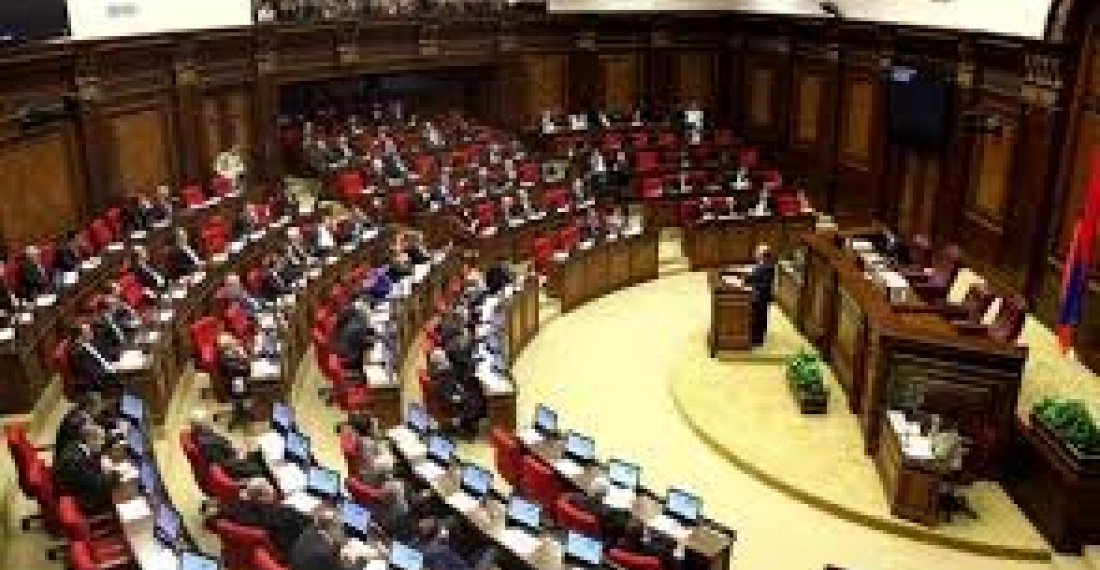The Armenian parliament on Thursday (6 February) adopted a resolution on holding a referendum on the future of Constitutional Court. This followed a stand-off that has lasted for weeks between the government and the current president of the Constitutional Court
A total of 88 MPs voted for the bill, with 15 against.
Prosperous Armenia Party MPs abstained from the vote
According to Article 202 of the Armenian Constitution, if the Armenian parliament does not adopt draft amendments to the Constitution, it can be put to a referendum by a resolution adopted by at least 3/5 of the total number of deputies.
A total of 44 My Step ruling bloc MPs introduced a draft law on amendments to the Constitution of Armenia, according to which the powers of the CC members, elected before April 2018 are suspended.
It is not yet clear when the referendum will take place, but political observers think that it will certainly become a vote of confidence in prime minister Nikol Pashinyan and his government.
source: commonspace.eu with agencies







